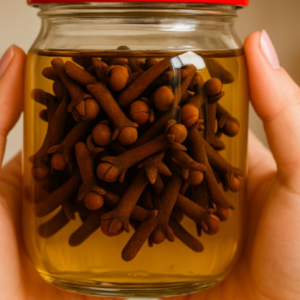
First and foremost, vegetables are generally protective against cancer, not the cause.
Decades of research from organizations such as the World Health Organization (WHO), the American Institute for Cancer Research (AICR), and the Harvard School of Public Health consistently show that a plant-rich diet helps reduce the risk of several types of cancer.
Vegetables provide:
- Antioxidants – to combat free radicals that damage cells
- Fiber – to promote digestive health and toxin elimination
- Phytochemicals – natural compounds that help protect against disease
- Vitamins and minerals – essential for cellular repair and immune defense
Together, these nutrients help reduce inflammation, prevent DNA damage, and strengthen the body’s defense against abnormal cell growth.
1. Vegetables with High Pesticide Residue

Leafy greens like spinach, kale, and gourds often appear on the “Dirty Dozen” list published by the Environmental Working Group (EWG) due to high pesticide residue levels.
Some pesticides—such as organophosphates and glyphosate—have raised cancer concerns in long-term studies. In fact, the International Agency for Research on Cancer (IARC) classifies glyphosate as “probably carcinogenic to humans” (Group 2A).
Prevention Tip:
- Wash vegetables thoroughly under running water.
- For high-risk produce, choose organic when possible.
- Peeling or soaking vegetables in salt or baking soda water can help reduce residue.
2. Pickled or Preserved Vegetables (in Excess)
In many Asian cuisines, pickled vegetables are a daily staple. However, studies show that frequent consumption of heavily salted or fermented vegetables is linked to a higher risk of stomach can:cer, particularly in East Asian countries.
The high salt content can damage the stomach lining, and nitrosamines—formed during fermentation or pickling—are known carcinogens.
Prevention Tip:
- Enjoy pickled foods occasionally, not daily.
- Avoid overly salty or long-fermented pickles.
- Always refrigerate and consume them within safe time limits.
3. Rotten or Moldy Vegetables
Improperly stored vegetables in humid conditions can develop mycotoxins, harmful substances produced by molds.
One of the most dangerous is aflatoxin, often associated with moldy peanuts or corn but also capable of contaminating spoiled vegetables.
Aflatoxins are strongly linked to liver cancer, especially in regions where food storage is poor.
Prevention Tip:
- Never eat slimy, moldy, or foul-smelling vegetables.
- Cutting away the visible mold is not enough—toxins can spread invisibly.
What You Should Actually Avoid

While vegetables themselves are rarely harmful, these are the real dietary factors linked to increased cancer risk:
- Red and processed meats – associated with colorectal cancer
- Excess alcohol consumption
- Sugar-sweetened beverages – linked to obesity-related cancers
- Charred or overcooked foods – contain harmful compounds like heterocyclic amines (HCAs) and polycyclic aromatic hydrocarbons (PAHs)
- Ultra-processed foods – low in nutrients, high in additives and preservatives




